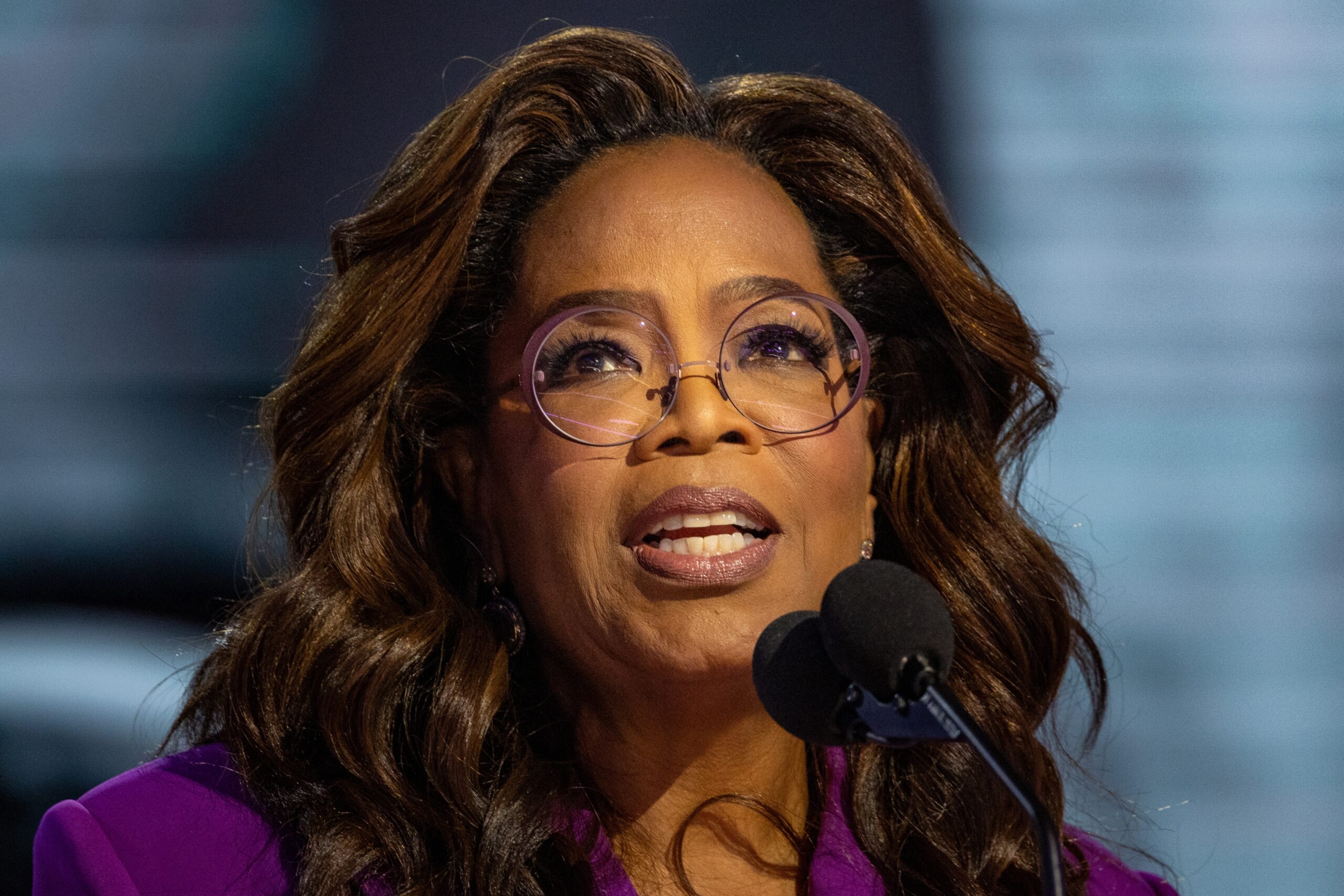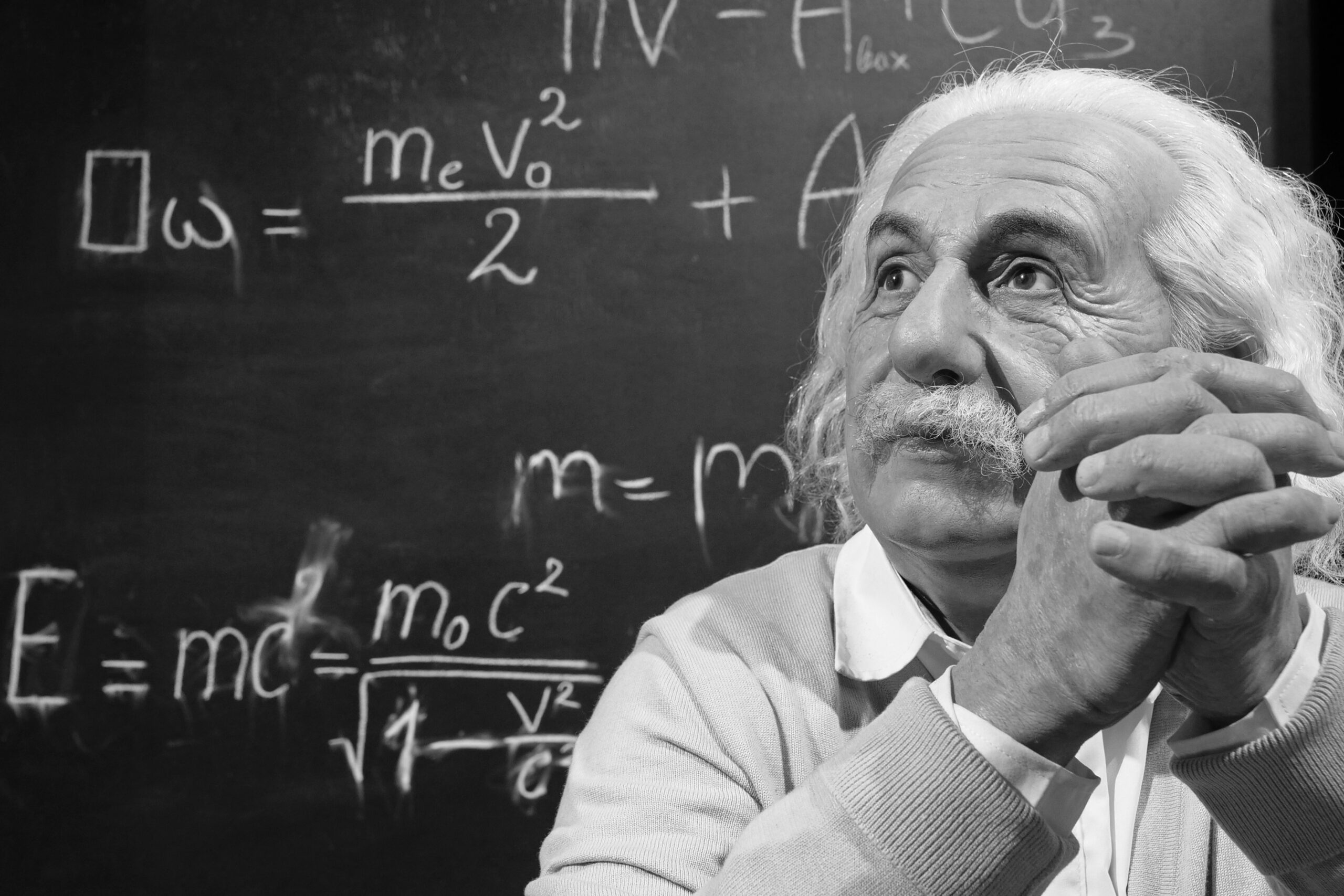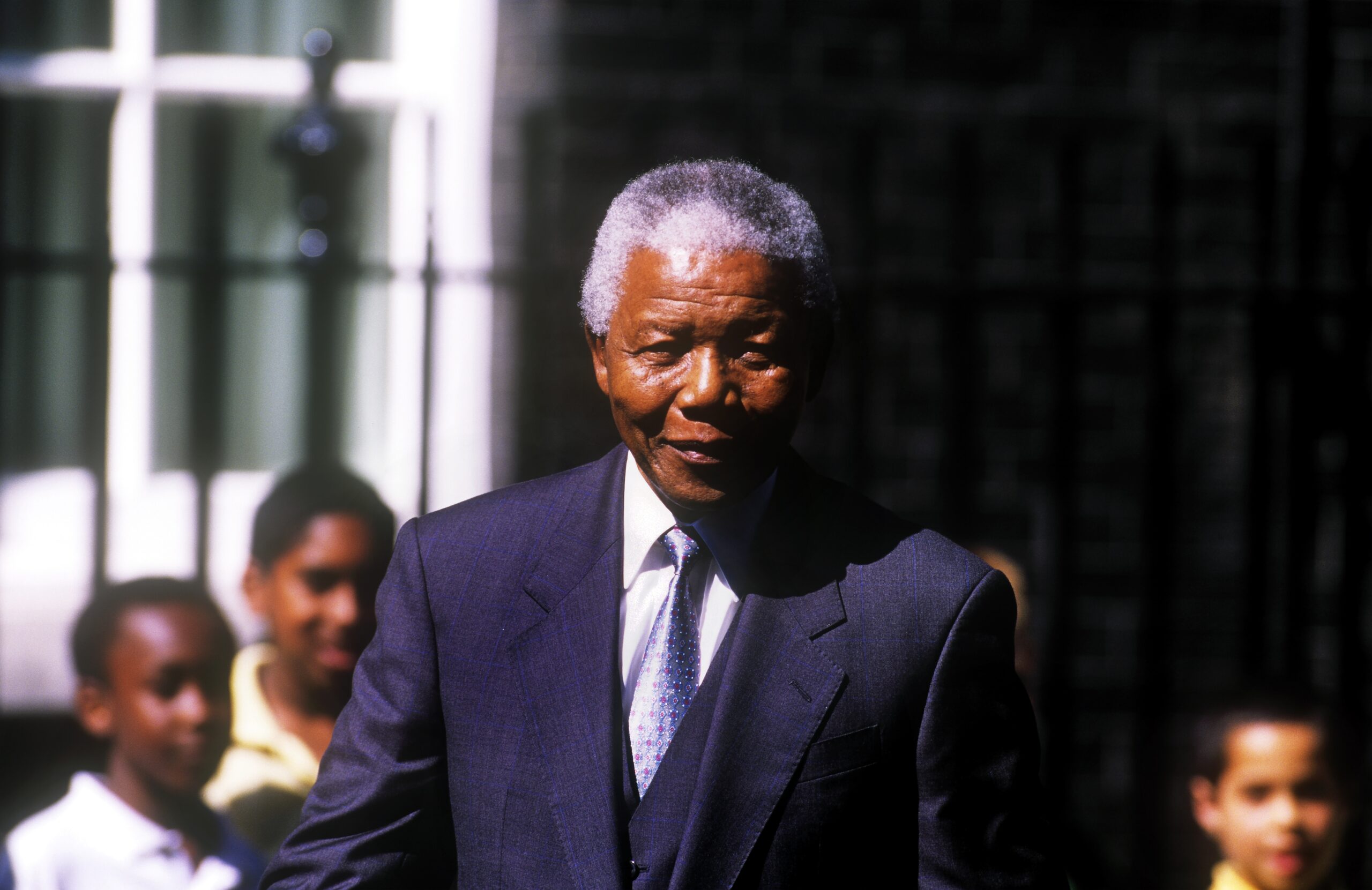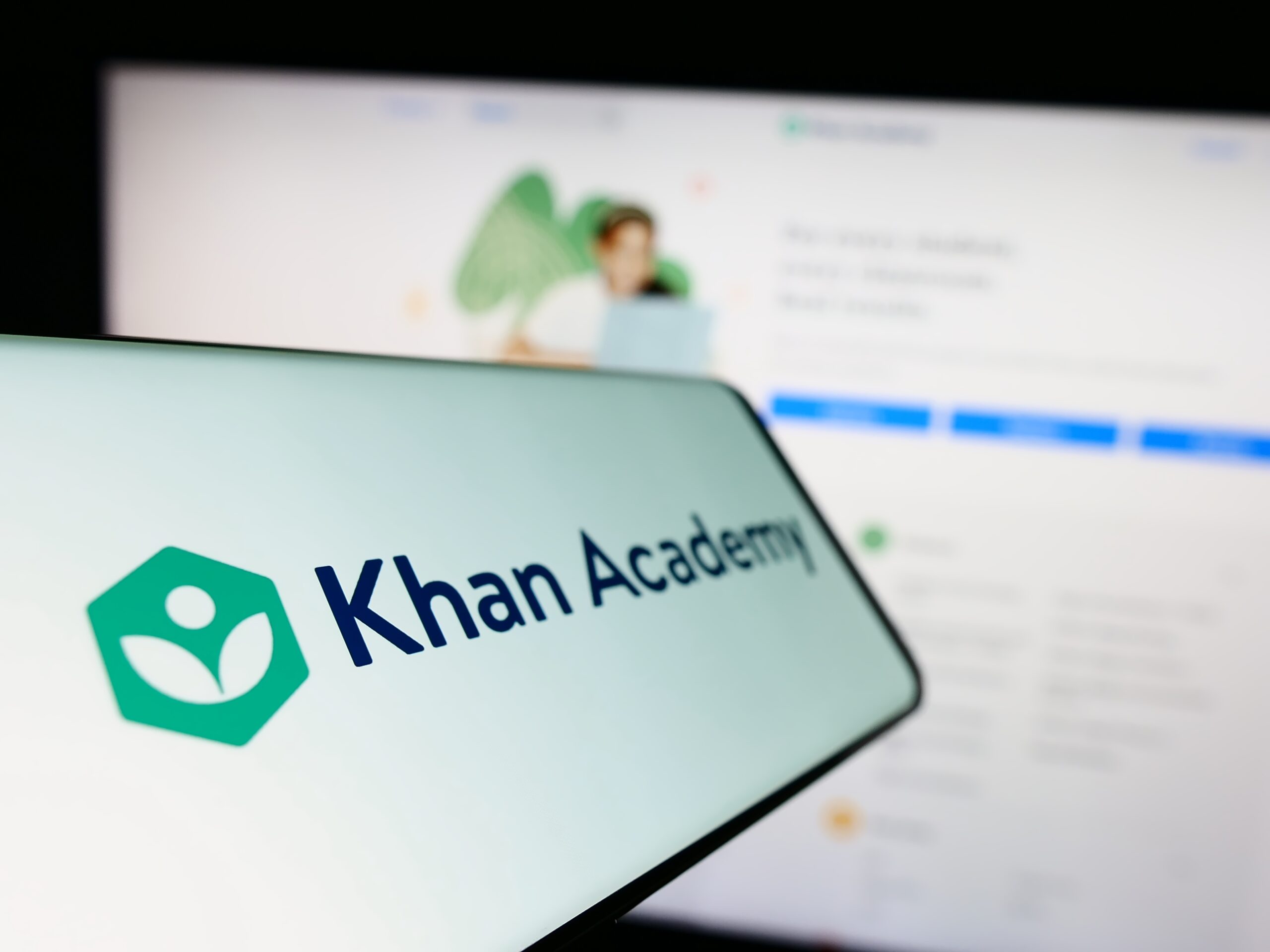
Sal Khan: The Man Who Made World-Class Education Free for Everyone
In an age where private tutoring and elite schools often decide a child’s future, Sal Khan asked a different question: What if anyone, anywhere, could access a world-class education — for free?
From tutoring his cousin on YouTube to founding Khan Academy, one of the world’s most respected educational platforms, Sal Khan has democratised learning on a global scale.
This post explores how one former hedge fund analyst became the face of free education — and why his vision matters now more than ever.
Outline
- The Accidental Beginning: A Tutor and a Cousin
- Khan Academy: From Webcam to Worldwide
- The Philosophy: Mastery Learning and Self-Paced Progress
- Tech Meets Education: Innovation with a Human Touch
- A Mission Beyond Maths
- Impact on the World (and the Classroom)
- Sal Khan’s Bigger Vision
- Final Thoughts
The Accidental Beginning: A Tutor and a Cousin
In 2004, Sal Khan was working in finance when his cousin, Nadia, needed help with maths. Living in another state, he tutored her remotely — and soon, other family members asked for help too.
To make things easier, Sal started recording short maths videos and uploading them to YouTube.
He didn’t expect much.
But soon, strangers began watching. Then teachers. Then millions.
“I started getting letters,” Khan recalls, “from people saying the videos helped them when nothing else did.”
Khan Academy: From Webcam to Worldwide
By 2009, Sal Khan had left his finance job to focus full-time on what would become Khan Academy — a free, online platform with a mission to provide a free, world-class education for anyone, anywhere.
With seed funding from the Bill and Melinda Gates Foundation and Google, Khan Academy expanded rapidly.
Today, the platform offers:
- Thousands of video lessons in maths, science, history, and more
- Interactive practice exercises
- Personalised dashboards for learners
- Tools for parents and teachers
It now reaches over 150 million users in dozens of languages across 190+ countries.
The Philosophy: Mastery Learning and Self-Paced Progress
Khan’s approach is rooted in a simple but powerful idea: everyone can learn — but not everyone learns at the same speed.
Instead of racing through content, Khan Academy promotes mastery learning, where students only move forward once they’ve fully grasped a concept.
Benefits of this model:
- Reduced anxiety and comparison
- Stronger foundations in subjects like maths and physics
- More ownership of learning
Sal Khan believes that failure is not a stopping point — it’s just part of the process.
Tech Meets Education: Innovation with a Human Touch
Unlike some edtech platforms that prioritise gamification or flashy design, Khan Academy focuses on substance, clarity, and accessibility.
Each video:
- Features Khan’s warm, conversational voice
- Uses clear visuals and step-by-step explanations
- Encourages a growth mindset
Even as AI tools evolve, Khan emphasises that human connection and trust remain central to meaningful learning.
“Technology should support the teacher, not replace them,” says Khan.
A Mission Beyond Maths
While it started with algebra and arithmetic, Khan Academy has grown to include:
- Biology, chemistry, physics
- World history, civics, and art
- Computer science and coding
- Test prep (SAT, LSAT, MCAT, etc.)
- Life skills, such as personal finance and growth mindset lessons
And in 2023, Khan launched Khanmigo, an AI-powered tutor built on GPT technology — designed to assist, not replace, real educators and encourage thoughtful exploration.
It’s education for the mind — and the whole person.
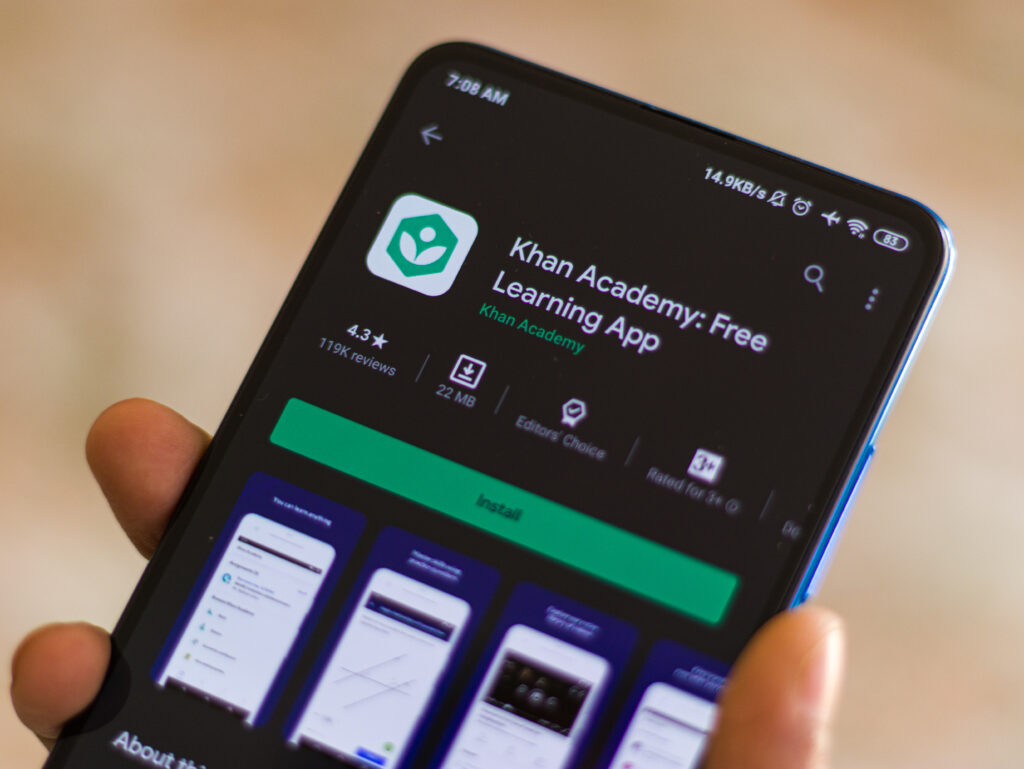
Impact on the World (and the Classroom)
Khan Academy isn’t just a tool for learners — it’s reshaping entire educational systems.
Used by:
- Homeschooling families
- Public schools integrating technology
- Students in refugee camps and remote areas
- Adults returning to education later in life
During the COVID-19 pandemic, Khan Academy became a lifeline for millions, offering structure, support, and encouragement in a chaotic time.
The platform saw a 300% surge in usage in early 2020.
Sal Khan’s Bigger Vision
Sal Khan’s long-term dream is bold:
A world where access to high-quality education isn’t a privilege — it’s a basic right.
He imagines a global classroom that’s:
- Free
- Personalised
- Non-linear
- Lifelong
And he believes we’re closer than ever — not because of tech alone, but because of trust, community, and shared belief in the power of learning.
“It’s not just about making education free,” he says. “It’s about making it joyful, meaningful, and empowering.”
Final Thoughts
Sal Khan never set out to become an education icon. He just wanted to help his cousin.
But in doing so, he sparked a global movement that’s given millions of people the tools to learn, grow, and believe in themselves — regardless of postcode or paycheck.
He didn’t build a school. He built a world of schools — all inside a screen.
And in a time where education feels more unequal than ever, Sal Khan’s mission is a powerful reminder:
The future belongs to those who are willing to share knowledge — not sell it.
